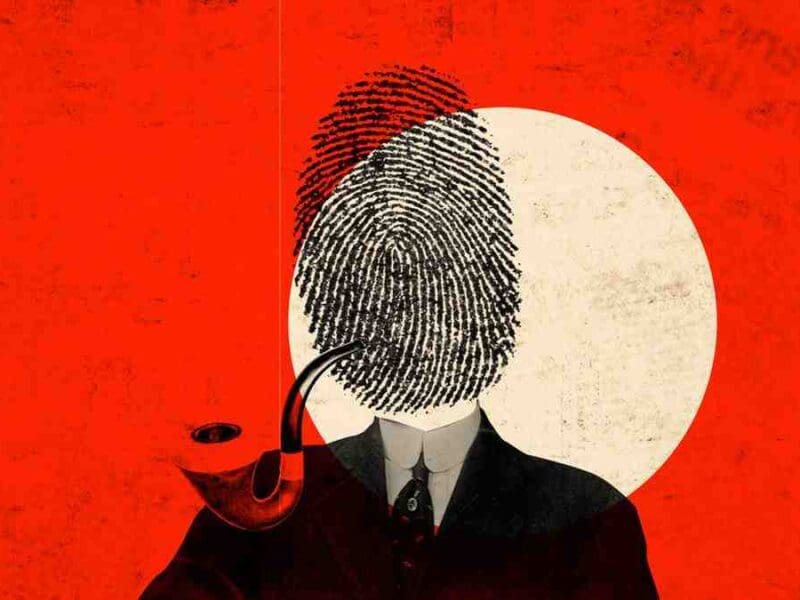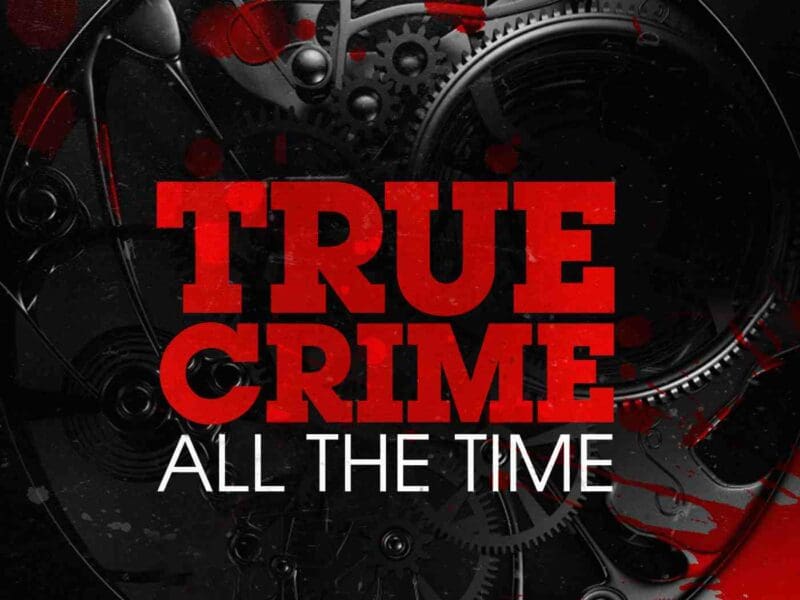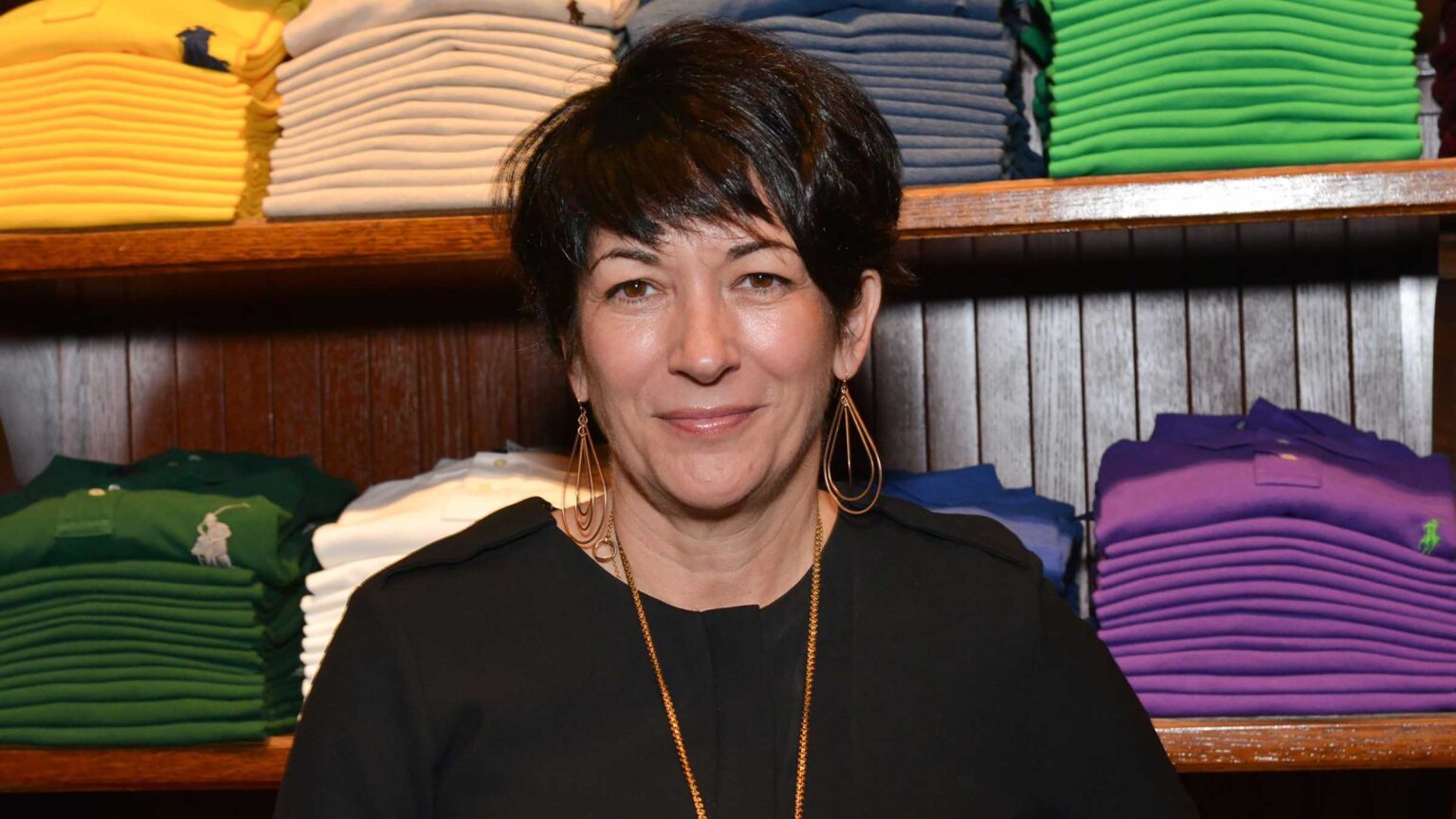
Did Jeffrey Epstein’s partner Ghislaine Maxwell just request a gag order?
As more details, conspiracies, and updates break surrounding the infamous Epstein case, it can be hard to keep on top of everything. In recent weeks the media has focused on Ghislaine Maxwell – a British-American socialite arrested for her alleged involvement with Epstein and crimes of sex trafficking.
In light of recent events – from Maxwell’s “secret marriage” to Epstein, and her denied requests for bail – the media has had a field day discussing and scrutinizing every detail for the public’s information, or at least their entertainment. And in the latest news – did Ghislaine Maxwell really just requested a gag order?
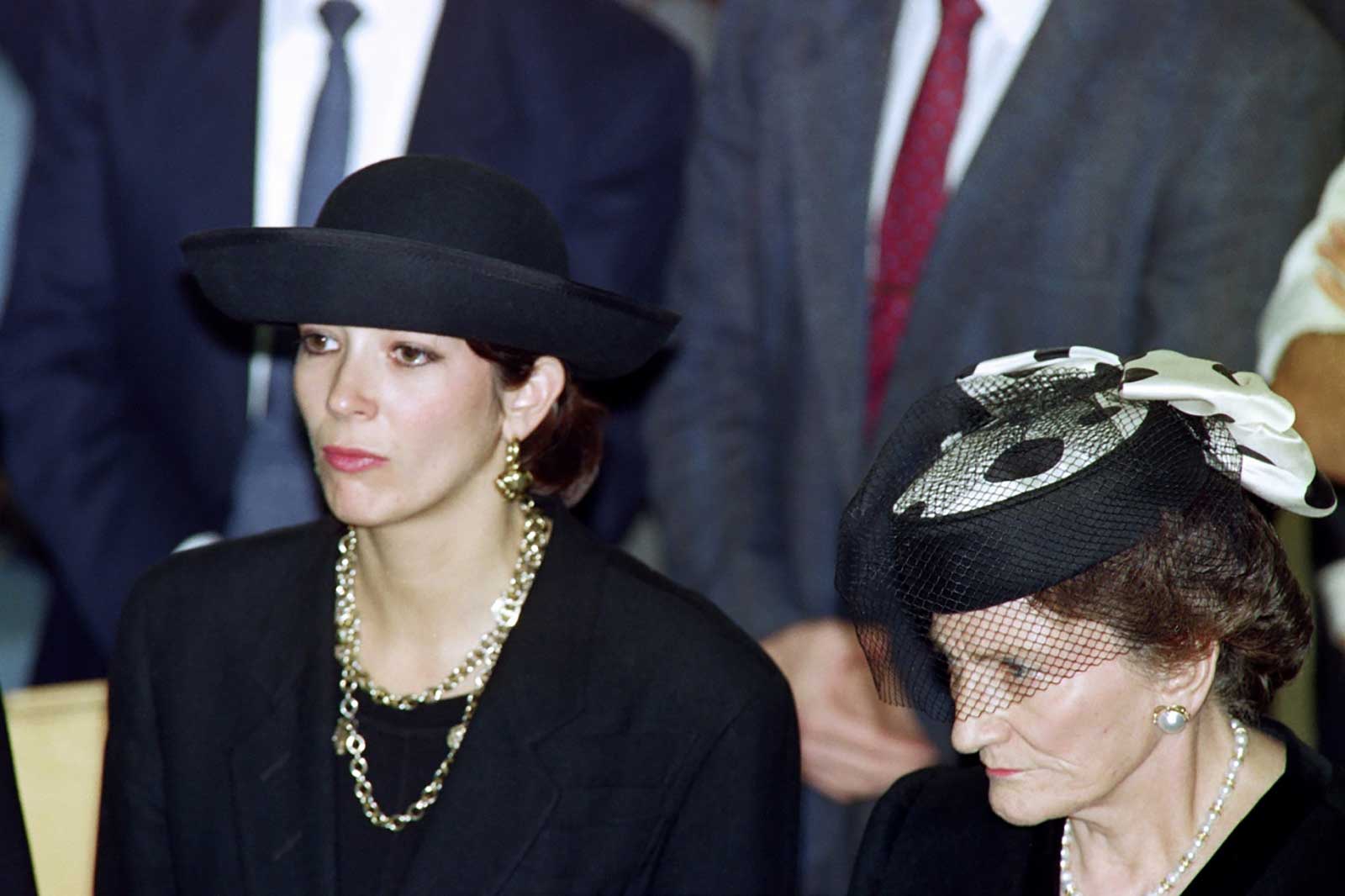
Maxwell’s lawyer requests gag order
This past Tuesday the lawyer representing Maxwell in her high-profile criminal case approached the judge-to-be to request a gag order. The order would apply to lawyers, potential victims, and anyone else who is close to the case and its official proceedings.
Maxwell is being charged for her alleged involvement in sex trafficking and “grooming” of women as young as fourteen for Jeffrey Epstein in the 1990s. It’s likely you haven’t been able to avoid a headline or an image surrounding the case in past months.
After the recent decision by Judge Alison Nathan to hold Maxwell’s trial in July 2020, parties for the accused have serious concerns regarding media speculation and the current public image surrounding their client. Maxwell is also being held without bail until that date, labeled a “flight risk” by both the judge and prosecutors.
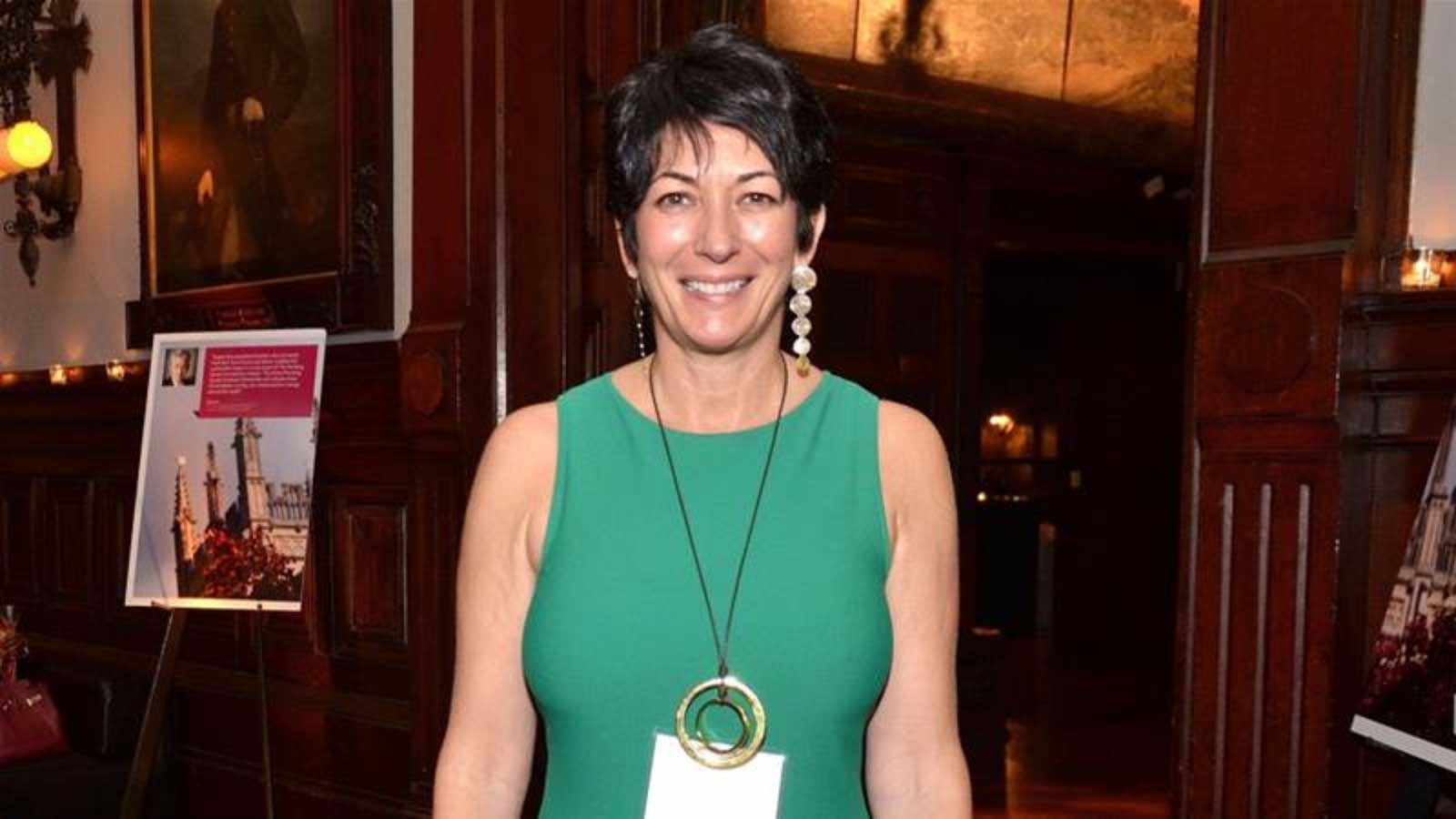
Why a gag order helps Epstein’s partner
Jeffrey Pagliuca, Maxwell’s attorney, expressed serious concerns over the ability to hold a fair trial, free from a jury and witnesses that may harbor bias against Maxwell. Maxwell still pleads not guilty, and intends to stand an ethical trial – something her partner Jeffrey Epstein never had.
In Pagliuca’s decision, he cited words from both Acting U.S. Attorney Audrey Strauss and the head of the NY FBI office, William Sweeney, calling Maxwell “one of the villains.” Public comments like these have the accused claiming a gag order is the only way to prevent “prejudicial pretrial publicity by the government” for Maxwell.
With so many high-profile individuals delivering some decisive statements about the accused – regardless of their accuracy – it’s a very real worry this information will help sway the success of prosecutors and witnesses over the jury. Considering the severity of the crimes, we doubt anyone wants a mistrial – well, except for maybe the accused.

Would Maxwell’s gag order really succeed?
As if there wasn’t enough attention surrounding the case, President Trump recently turned some heads when he answered some questions about Maxwell at a press conference. When asked about the case by a reporter, the President responded, “I haven’t really been following it too much. I just wish her well, frankly.”
Some have even likened the President’s comments to a code meant to intimidate Maxwell. It may just be a coincidence that the gag order came shortly after the President’s decision to comment on the case, but either way, it has only brought more conspiracy into the spotlight.
Sometimes not all publicity is good publicity – especially when you’re on trial for associations with one of the most hated people in the country. When the trial comes about, there’s no doubt it will become an inescapable source of coverage and conversation by everyone.

Judge responds to Maxwell’s gag order
Judge Nathan has been more than aware of the impending case and the power of information on public decisions. In response to Maxwell’s proposed gag order, the judge made a transparent comment about having received letters and messages from “non-parties” unrelated to the case.
Although Nathan assured Maxwell’s lawyers these documents were “procedurally improper or irrelevant” and would be disregarded, it can be easier said than done. Almost as soon as it was proposed, Judge Nathan was quick to reject the gag order.
Nathan declared that despite the current coverage of the case among the public and media outlets, she doesn’t “believe that further action is needed at this time to protect the Defendant’s right to a fair trial by an impartial jury” – at least for now.

Maxwell’s gag order: One for the future
Judge Nathan did go on to inform lawyers and witnesses from both parties that if she deemed Maxwell’s right to a fair trial was at risk, she “wouldn’t hesitate to take appropriate action.” This includes the violation of any court rules, such as using time outside of court to discuss evidence or sensitive information.
Whether or not a gag order would be effective at this point in the case, we’re sure that Maxwell’s lawyers will request another. Who knows what sort of findings will surface, or how a truly fair jury will be selected in the coming future.
Innocent until proven guilty, all we know is with a year to go until her trial, things are still looking bleak for Epstein’s alleged partner-in-crime, Ghislaine Maxwell.





